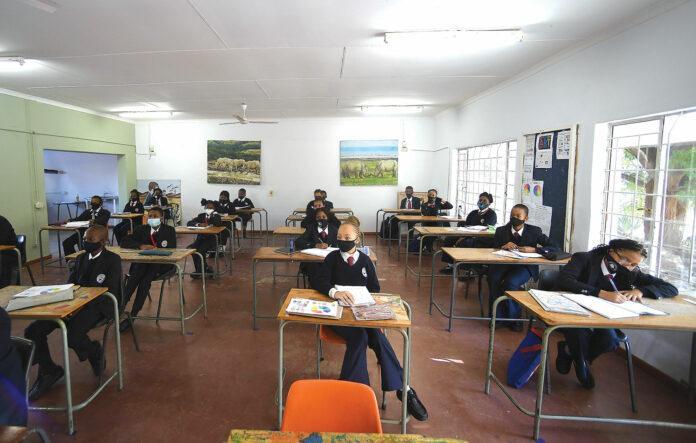Africa-Press – Uganda. Pallisa District is grappling with severe shortage of teachers, inadequate infrastructure, and poor learning conditions.
The District Education Officer, Ms Agnes Lukendo, said although there are 76 government-aided primary schools in the district, most of them are struggling to provide quality education.
He blamed the situation on few teachers, lack of pit-latrines, and inadequate classrooms.
“Most schools in the district are in dire need of infrastructure development, including teacher’s accommodation, and inadequate teachers,” Ms Lukendo said.
“We are doing our best to address the teacher shortage and improve infrastructure, but we need resources,” she said, adding that the district has a total of only 1,123 teachers.
Ms Lukendo said the district is meant to have 1,823 teachers, giving a deficit of 700 teachers.
“This is quite a big gap to cope with the high pupil ratio to teachers,” she said, adding that the district has about 96,000 learners.
The current teacher to pupil ratio stands at 1:120 instead of 1:80.
The headteacher of Gogonyo Primary School, Mr Simon Patrick Otibu, tasked the district to prioritise the recruitment of more teachers.
“Each school should be added a minimum number of teachers based on the enrolment to meet the required minimum standards,” he said.
He also noted that the lack of staff accommodation at the schools forces some teachers to trek long distances.
“Because of this scenario, the teachers either report late and when exhausted, they fail to perform to their expectations,” he said.
Mr Enock Nampeke, the inspector of schools, noted a trend of high dropout rates among learners.
According to a recent report conducted by Citizen Initiative for Democracy and Development [CIDD-Ug], about 54 percent of the pupils who enrolled in Primary One in 2015, did not complete the primary cycle in 2022.
“This is affecting class management and is significantly impacting on the quality of teaching and learning,” Mr Nampeke said.
He also challenged the government to review some of the unfair policies such as automatic promotion that were put in place that were part of the bigger challenge hindering the education sector.
The district inspector of schools, Ms Jesca Ojangole, said parents’ failure to embrace the policy of feeding at school also remains a big challenge.
“Only 5 percent of some of the schools in the district are attempting to implement the feeding programme,” she said.
For More News And Analysis About Uganda Follow Africa-Press




![Africa Forges a Trade Future Beyond AGOA [Business Africa] Africa Forges a Trade Future Beyond AGOA [Business Africa]](https://static.africa-press.net/uganda/sites/34/2026/02/sm_1771529184.735407-218x150.jpg)

